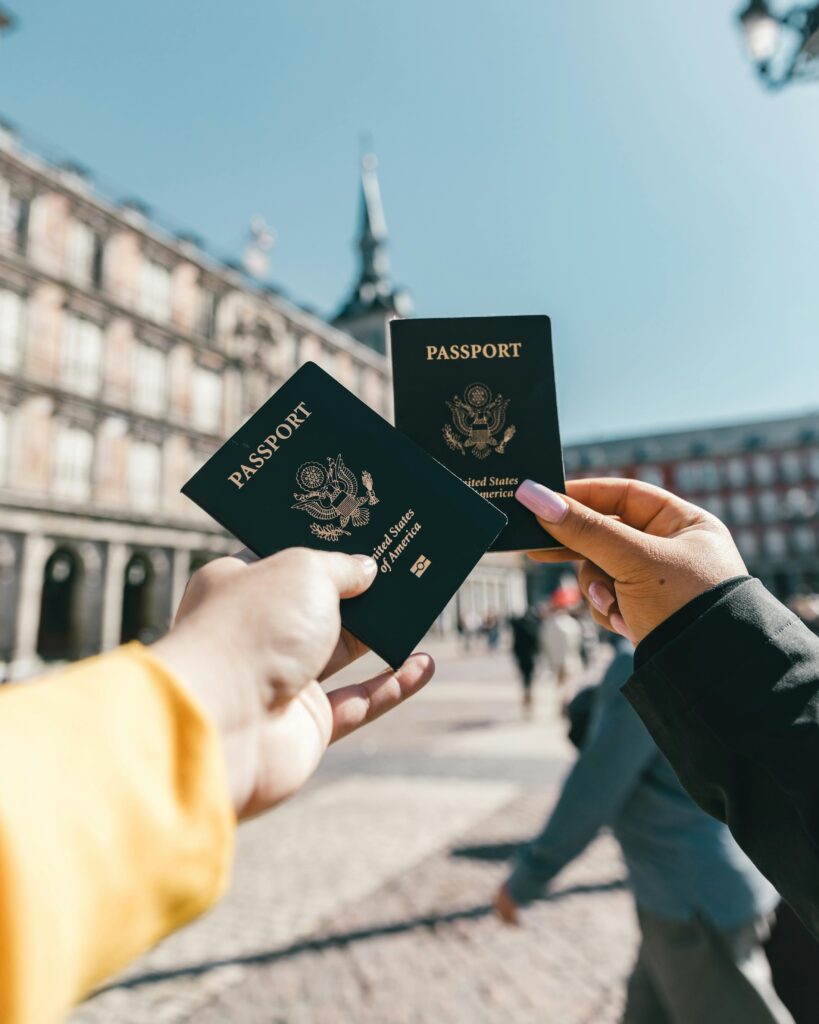Best Practices for Sustainable Travel

Travel offers us the chance to experience new cultures, landscapes, and attitudes. But at what cost—especially the environment. The tourism industry is accountable for producing nearly 8% of total carbon emissions worldwide, and mass tourism in the most visited locations has put communities and environments in a breaking point. The silver lining? Tourists can have less impact on the environment and contribute to making their vacations more sustainable by embracing smart decisions and small actions.
These are some of the best practices that will allow you to travel responsibly—without missing out on any thrill and discovery.
1. Choose Eco-Friendly Means of Travel
How you travel plays a role in the environment. One of the leading producers of tourism carbon emissions is air travel. While there are occasions where flights cannot be avoided on some travel itineraries, take advantage of alternatives wherever and whenever possible:
- Use trains or public transportation instead of domestic flights, especially where you have an effective rail network.
- Fly non-stop flights rather than layover flights since takeoff and landing use more fuel.
- Offset carbon by paying into an already established reforestation or clean energy project.
- Cycle, walk, or use public transport once you arrive at your destination to reduce local emissions and explore the city.
2. Pack Light and Smart
Traveling light isn't just easy on your back—it's easy on the environment too. Additional weight on flights burns additional fuel. Lighter weight burns less carbon.
- Pack reusable items such as a refillable water bottle, canvas shopping bag, and bamboo dinnerware to reduce single-use plastics.
- Pack multi-use objects and plastic-free toiletries in solid form (e.g.,shampoo bars) to reduce plastic packaging.
3. Support Local Economies
One of the best ways to get the greatest return on your travel dollars is to invest in the local community.
- Eat at locally owned restaurants, shop at local markets, and go on community-based tours.
- Sleep in locally owned hotels or certified eco-lodges.
- Avoid foreign chain hotels and all-inclusive resorts that have a tendency to repatriate profits to global communities.
When you travel and spend in the local economy, you generate jobs, preserve cultural heritage, and decrease economic leakage—when tourists money leaves the region instead of remaining with residents.
4. Be Respectful of Local Cultures and Traditions
Sustainable tourism isn't all about the planet—it's about people too. Being a considerate guest can make a huge difference.
- Just take some time to learn some simple phrases in the host language as a gesture of respect.
- Dress appropriately when required and be mindful of cultural norms regarding photography or conduct.
- Get permission before taking photos of people or entering private or sacred areas.
Cultural sensitivity reinforces community bonds and constructs more productive exchanges.
5. Reduce Waste and Water Consumption
Tourists consume more than residents, overloading finite resources—particularly where drought or no waste facilities are present.
- Switch off lights, heaters, or air conditioners when exiting your bedroom.
- Avoid taking lengthy showers and recycling towels to conserve water when spending your holiday nights at hotels.
- Decline daily housekeeping unless you require it.
- Dispose of refuse properly and recycle when you can.
Having a rubbish bag on hand with you can be beneficial if you're venturing out into the bush or where rubbish facilities are non-existent.
6. Select Ethical Wildlife Encounters
Wildlife tourism has the ability to conserve or lead to further decline in animal numbers—depending on the approach.
- Avoid animal rides, shows, or selfies with wildlife tours (such as tiger temples or elephant rides).
- Choose sanctuaries and activities that are animal welfare and conservation-focused.
- Never touch, feed, or harass wild animals even if they approach you.
In doubt, find tours accredited by animal welfare organizations or that comply with the Global Welfare Guidance for Animals in Tourism.
7. Travel Off the Beaten Path
Overtourism causes degradation of the environment, a higher cost of living, and loss of local identity. Venice, Barcelona, and Bali have all been hit by overpopulation.
- Go to less crowded destinations that are starved for tourists but do not suffer from the same level of saturation.
- Go off-season to prevent overloading resources and have a more peaceful experience.
- Be respectful of your footprint in host communities—what to you might be an "Instagrammable" photo opportunity might be someone's home.
Conclusion
Sustainable tourism isn't ideal—it's conscious. Every choice counts, and when tourists from all over consider how we come and act, our collective impact makes mass difference. The question is, How can you travel so that it gives back as much or even more than it takes away?
As conscious travelers, we ensure that the destinations we love remain alive, authentic, and breathtaking for years to come.















